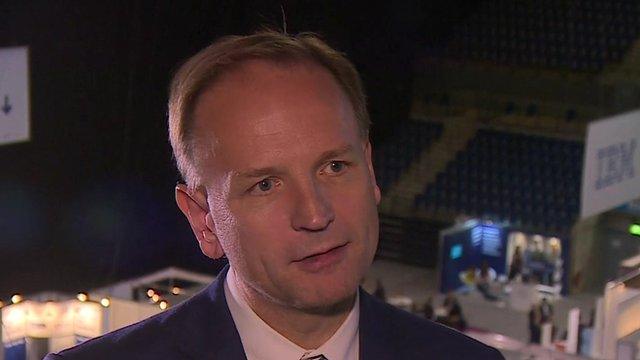Obesity – the ticking time bomb which starts young
- Published
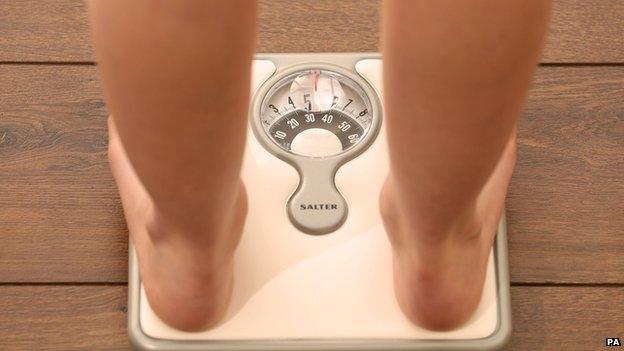
Simon Stevens, head of NHS England, has noted more than once that while a quarter of children entering primary school are overweight or obese the proportion rises to a third by the time they leave.
Today we learned that the figure for 10-11 year olds is actually a bit worse, 34% in 2013-14 and on an increasing trend from previous years.
The only consolation was that the proportion of four and five year olds who are overweight and obese, at 23%, had declined very slightly.
The data comes from the Health and Social Care Information Centre's report on the health and care of young people in England, external.
It underlines again the scale of the obesity challenge facing policymakers like Mr Stevens. He has called for a national conversation on what he calls "the new smoking", drawing in government, the food industry and consumers as well as the NHS.
Exercise is an important part of the story and the latest data made gloomy reading.
The official recommendation for children is an hour of physical activity a day. In 2012, just 14% of 13-15 year old boys met that target, down by half on four years before.
Among girls in this age group the proportion taking the recommended amount of exercise was just 8%.
'Enormous problem'
Doctors and other clinicians are worried about the problems which may be stored up for the future.
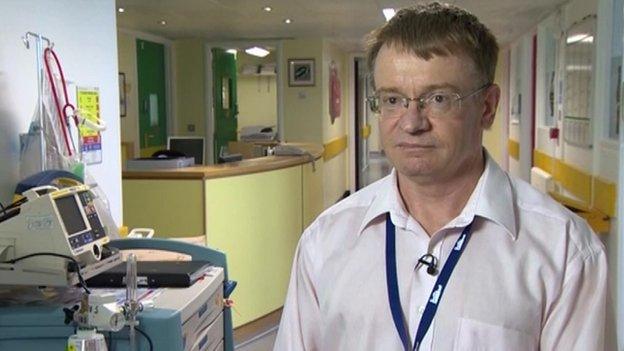
Dr Colin Michie predicts problems ahead
Big children, they say, tend to become big adults. Diabetes and cardiovascular disease often follow. There could be serious financial consequences for the NHS.
Dr Colin Michie, of the Royal College of Paediatrics and Child Health, is one expert who has serious concerns.
He told us: "With this cohort of enormous children, if not obese children, coming through to adulthood, we are facing an enormous problem for those delivering clinical care.
"We are going to spend a great deal more money in hospitals in future because of this one problem - obesity".
So what's the answer?
A joined up approach has been called for by NHS chiefs, encompassing help for those who want to lose weight, encouraging an active lifestyle and if necessary regulating food and drink companies.
Local solutions, rather than orders from on high in Whitehall, seem to offer a way forward.
Urgent priority
This week the London Borough of Haringey held a conference bringing together the council, schools, the NHS and other local organisations to form a new partnership dubbed the Haringey Obesity Alliance, external.

Haringey Council's initiative aims to boost participation in sport
Councillor Peter Morton, Haringey Council's Cabinet Member for Health and Wellbeing said: "Working together I'm sure we will make great progress in reversing the rise of obesity, by encouraging healthier eating, increasing and sustaining people's participation in sport and leisure activities, and creating a culture that makes positive lifestyle changes easier."
Warm words? Typical politician speak?
The council would deny that, having announced a tangible policy to mark the launch of the Obesity Alliance - a review of all "No ball games" signs across the borough and a promise to remove them if they are impeding safe play by children.
Few would deny that obesity amongst young people is a throwing a long shadow over their life chances as well as storing up trouble for the NHS in future decades.
Few have so far come up with simple answers.
But from the top of the NHS to local health economies, it is being treated as an urgent priority.
- Published28 April 2015
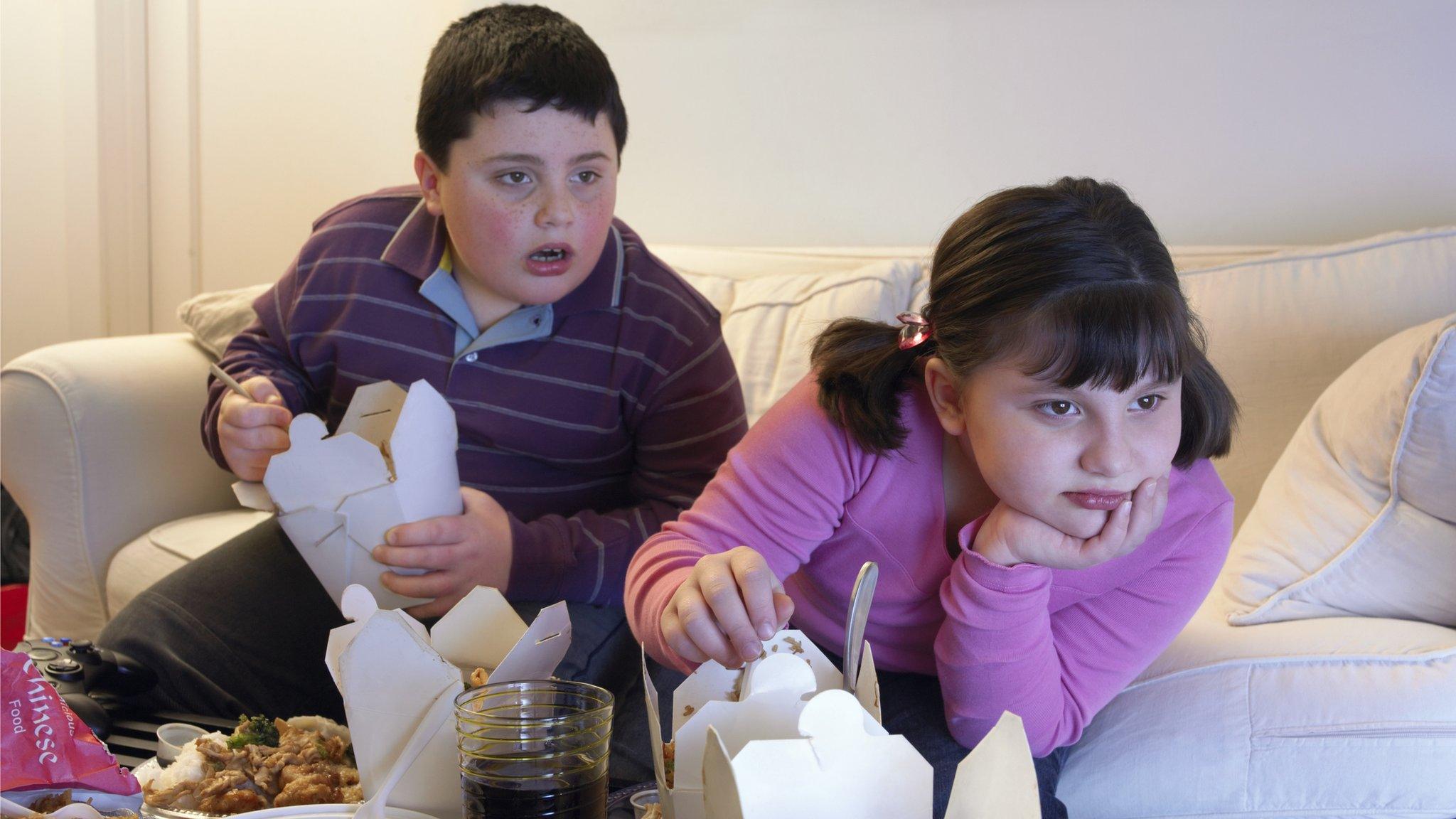
- Published25 March 2015
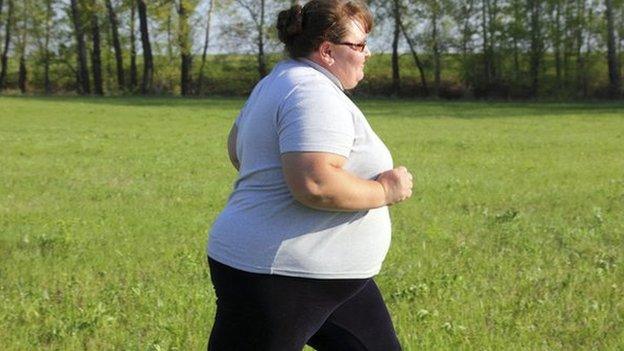
- Published30 March 2015

- Published30 January 2015

- Published3 June 2015
